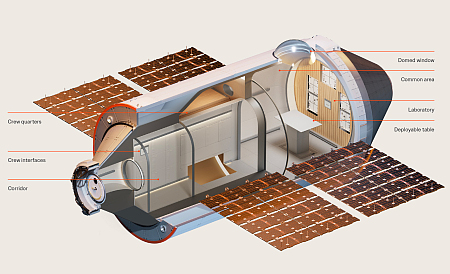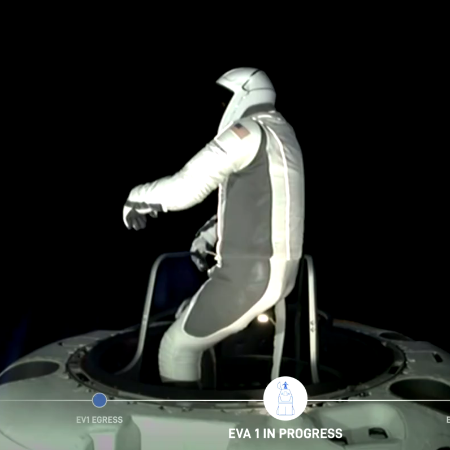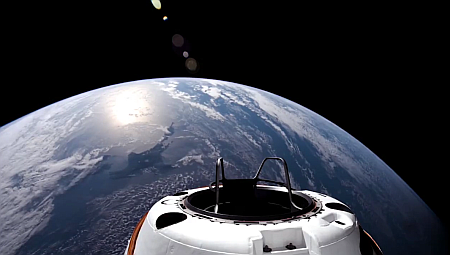European Commission finally awards contract to build its government Starlink-type constellation
The European Commission yesterday finally awarded a gigantic contract to a consortium of European satellite companises to build its government-conceived and government-designed communications constellation designed to duplicate constellations already in orbit and built by Starlink and OneWeb.
The full constellation, dubbed IRIS2 and first proposed in 2022, is expected to have 290 satellites. The consortium, dubbed SpaceRISE, is led by satellite companies SES, Eutelsat, and Hispasat, and also includes Thales Alenia Space, OHB, Airbus Defence and Space, Telespazio, Deutsche Telekom, Orange, Hisdesat, and Thales SIX.
In other words, practically every major European aerospace company gets a piece of the pie.
According to a 31 October press release, the European Commission aims to have the IRIS2 service up and running by 2030. The project was initially expected to cost approximately €6 billion, of which the European Commission would provide 60%, with the rest being covered by private industry. However, recent reports have indicated that the project’s budget will likely reach as much as €10 billion.
Based on these numbers, it is going to take more than six years to launch, with each satellite costing about 3.5 million euros.
This is a very typical European government project, conceived not to fill a real need but to make sure there is a European version of something for Europe to use. It is also conceived as a way to transfer cash to as many European aerospace contractors as possible. Considering the number of companies involved and the fact that the whole constellation is government designed, expect the budget to well exceed ten billion euros before completion, and take far longer to become operational than presently planned. For example, the project was first proposed more than two years ago and only now has the contract been issued. In that time SpaceX conceived and has practically launched its entire direct-to-cell Starlink constellation of about the same number of satellites.
The European Commission yesterday finally awarded a gigantic contract to a consortium of European satellite companises to build its government-conceived and government-designed communications constellation designed to duplicate constellations already in orbit and built by Starlink and OneWeb.
The full constellation, dubbed IRIS2 and first proposed in 2022, is expected to have 290 satellites. The consortium, dubbed SpaceRISE, is led by satellite companies SES, Eutelsat, and Hispasat, and also includes Thales Alenia Space, OHB, Airbus Defence and Space, Telespazio, Deutsche Telekom, Orange, Hisdesat, and Thales SIX.
In other words, practically every major European aerospace company gets a piece of the pie.
According to a 31 October press release, the European Commission aims to have the IRIS2 service up and running by 2030. The project was initially expected to cost approximately €6 billion, of which the European Commission would provide 60%, with the rest being covered by private industry. However, recent reports have indicated that the project’s budget will likely reach as much as €10 billion.
Based on these numbers, it is going to take more than six years to launch, with each satellite costing about 3.5 million euros.
This is a very typical European government project, conceived not to fill a real need but to make sure there is a European version of something for Europe to use. It is also conceived as a way to transfer cash to as many European aerospace contractors as possible. Considering the number of companies involved and the fact that the whole constellation is government designed, expect the budget to well exceed ten billion euros before completion, and take far longer to become operational than presently planned. For example, the project was first proposed more than two years ago and only now has the contract been issued. In that time SpaceX conceived and has practically launched its entire direct-to-cell Starlink constellation of about the same number of satellites.






